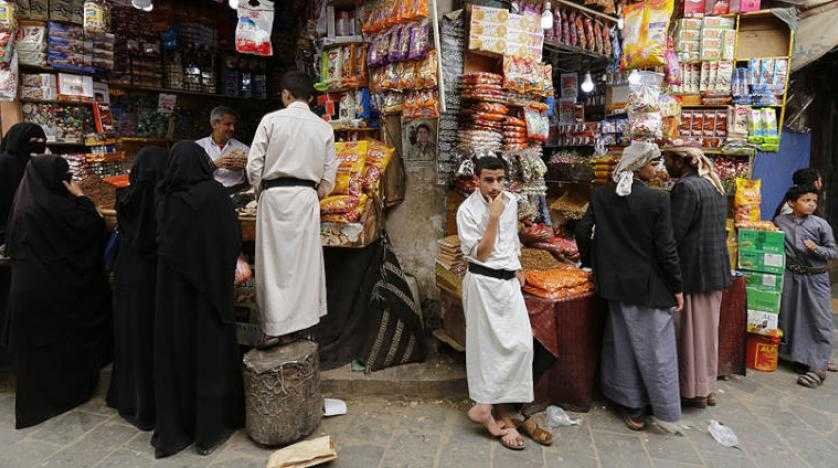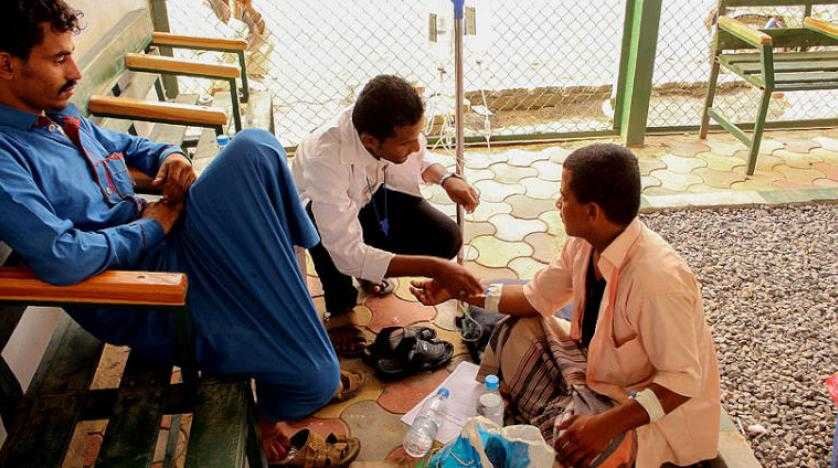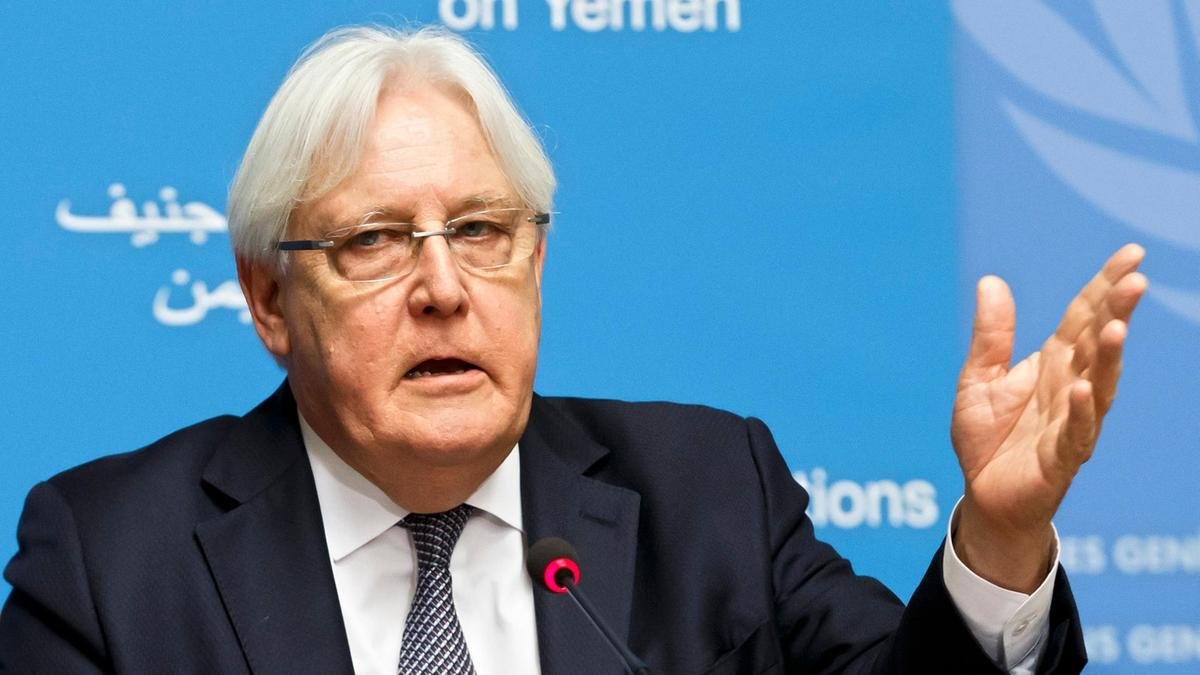Houthi Leadership Frayed by Internal Quarrels, Regional Condemnation
Tuesday, 4 June, 2019
View attachment 7512
Aden - Ali Rabih
After receiving fierce condemnation in three Makkah summits in Saudi Arabia, Houthi militias in Yemen not only found themselves isolated from Arab and Muslim countries, but also closer to their regional backer, Iran. Amid rising tensions, Houthis are also threatened with dissolution as internal squabbling seems to peak to new heights.
Whilst convening for an emergency meeting, the Houthi self-proclaimed government in Sanaa was stripped bare before political analysts who were able to spot strong rivalries and deep divisions within the coup leadership.
The meeting was headed by Mohammed Ali al-Houthi, the Houthi movement leader’s cousin, not Mahdi al-Mashat, who was appointed as the group’s president to the so-called Supreme Political Council.
A photo was published showing Mohammed Ali al-Houthi, 39, heading the council despite senior coup members and ministers attending. Removing Mashat from the picture, according to well-informed sources, suggests a widening rift among Houthi ranks.
Many observers suggest that Mashat was downgraded due to the insurgency’s policy to maintain lineage when it comes to leadership positions. This means only members belonging to al-Houthi family, after which the Houthi movement was named, will be allowed to hold decision-making positions.
Many warn that Mashat’s absence from the meeting also indicates the young politician’s nearing termination within the Houthi group.
During the meeting, al-Houthi vowed to scale up military offensives across the country tattered by war, and promised to reboot drone and rocket cross-border attacks targeting Saudi Arabia.
The coup meeting, which was rushed to retaliate against condemnation Houthis faced at the three Makkah summits, stressed the strong ties shared between Houthis and the Lebanon-based Hezbollah.
Both backed by Iran, Houthis and Hezbollah have co-conducted operations and are believed to retain some level of regional coordination.
More so, the Houthi meeting released a communique saying that the militia categorically rejects withdrawing from the strategic Red Sea port city of Hodeidah, which was a key condition in a UN-brokered ceasefire agreement last December.
Yemeni politicians rule out that Houthis will ever be serious about establishing peace without losing significant military levers they are pulling. Peace planners suggested that if Houthis redeploy from or are defeated in Hodeidah and the rest of Yemen's western coast they could be pressured into complying with international peace efforts.

 aawsat.com
aawsat.com
Tuesday, 4 June, 2019
View attachment 7512
Aden - Ali Rabih
After receiving fierce condemnation in three Makkah summits in Saudi Arabia, Houthi militias in Yemen not only found themselves isolated from Arab and Muslim countries, but also closer to their regional backer, Iran. Amid rising tensions, Houthis are also threatened with dissolution as internal squabbling seems to peak to new heights.
Whilst convening for an emergency meeting, the Houthi self-proclaimed government in Sanaa was stripped bare before political analysts who were able to spot strong rivalries and deep divisions within the coup leadership.
The meeting was headed by Mohammed Ali al-Houthi, the Houthi movement leader’s cousin, not Mahdi al-Mashat, who was appointed as the group’s president to the so-called Supreme Political Council.
A photo was published showing Mohammed Ali al-Houthi, 39, heading the council despite senior coup members and ministers attending. Removing Mashat from the picture, according to well-informed sources, suggests a widening rift among Houthi ranks.
Many observers suggest that Mashat was downgraded due to the insurgency’s policy to maintain lineage when it comes to leadership positions. This means only members belonging to al-Houthi family, after which the Houthi movement was named, will be allowed to hold decision-making positions.
Many warn that Mashat’s absence from the meeting also indicates the young politician’s nearing termination within the Houthi group.
During the meeting, al-Houthi vowed to scale up military offensives across the country tattered by war, and promised to reboot drone and rocket cross-border attacks targeting Saudi Arabia.
The coup meeting, which was rushed to retaliate against condemnation Houthis faced at the three Makkah summits, stressed the strong ties shared between Houthis and the Lebanon-based Hezbollah.
Both backed by Iran, Houthis and Hezbollah have co-conducted operations and are believed to retain some level of regional coordination.
More so, the Houthi meeting released a communique saying that the militia categorically rejects withdrawing from the strategic Red Sea port city of Hodeidah, which was a key condition in a UN-brokered ceasefire agreement last December.
Yemeni politicians rule out that Houthis will ever be serious about establishing peace without losing significant military levers they are pulling. Peace planners suggested that if Houthis redeploy from or are defeated in Hodeidah and the rest of Yemen's western coast they could be pressured into complying with international peace efforts.

Houthi Leadership Frayed by Internal Quarrels, Regional Condemnation
After receiving fierce condemnation in three Makkah summits in Saudi Arabia, Houthi militias in Yemen not only found themselves isolated from Arab and Muslim countries, but also closer to their regional backer, Iran. Amid rising tensions, Houthis are also threatened with dissolution as internal...







